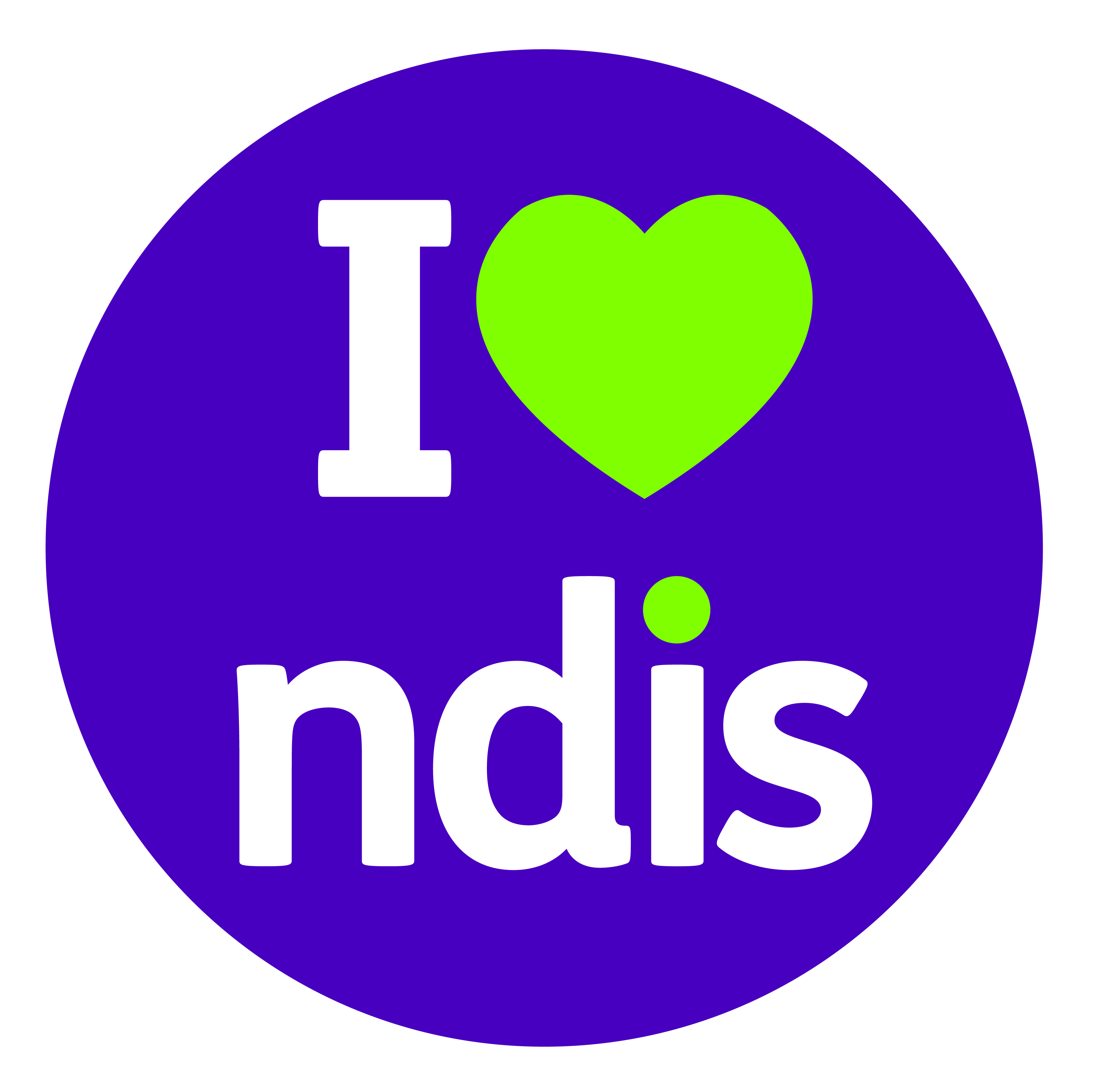People with Autism Spectrum Disorders (ASD), including Asperger’s Syndrome, are known to have repetitive behaviours or interests and difficulty with communication and social interactions. As the word spectrum suggests, the impact of these difficulties varies widely between individuals. The prevalence of people with ASD is rising and whilst there has been much focus on supporting people’s behaviour, there is less focus on supporting people’s emotional needs that could ultimately negatively impact on their mental health. In this month’s blog, we will explore three areas that could benefit from different counselling approaches and strategies.
Depression and Anxiety
Depression and Anxiety can be common for people with Autism Spectrum Disorders. If left untreated these conditions can impact on relationships, employment opportunities and lead to increasing social isolation. Cognitive Behaviour Therapy, or CBT, has been shown to be effective in treating both depression and anxiety. Through modified CBT techniques, with the use of visuals and diagrams, clients can be supported to understand how their thoughts interact with their feelings and impact on their actions or behaviour. Negative thought patterns can be challenged, helping the client to develop more helpful and realistic thoughts, an improved feeling of wellbeing and reduced escalation in unhelpful or problematic actions.
Social Skills Development
Relating and interacting with others is necessary to form relationships, find a job and generally get on in society. For people with Autism Spectrum Disorders there can be a lack of understanding of social cues and norms which can lead to misunderstandings, social isolation and withdrawal from others. Social skill instruction can help and can be facilitated on an individual basis or in small groups to give participants opportunities to practice with others. Social Stories are also useful to highlight specific scenarios or situations, describe what the expectations are in those situations and provide the person with appropriate responses.
Emotional Regulation and Expression
People with autism can have difficulty regulating and expressing emotions and also have difficulty interpreting the emotions of others. This can lead to confusion and misunderstandings, even aggression, which can negatively impact on families, education, career and relationships. Support can be provided by using visual emotional scales, providing the person with picture of how different emotions are expressed through facial expressions, through voice, describe where the emotion is felt in the body and provide possible scripts for what the person can say and do when they feel this way or notice someone else might be feeling that way. Emotional understanding can also be facilitated through Comic Strip Conversations that help the person with autism to understand what people think, say and mean in conversations by using visuals and symbols.
(Reference: Paxton K & Estay I A, Counselling People on the Autism Spectrum: A Practical Manual, Jessica Kingsley Publishers, London & Philadelphia, 2007)
If you or someone you support could benefit from counselling, you can book a complimentary 30-minute session with me to discuss. Just click on the link to book your appointment.


 3 Benefits of Online Counselling
3 Benefits of Online Counselling



